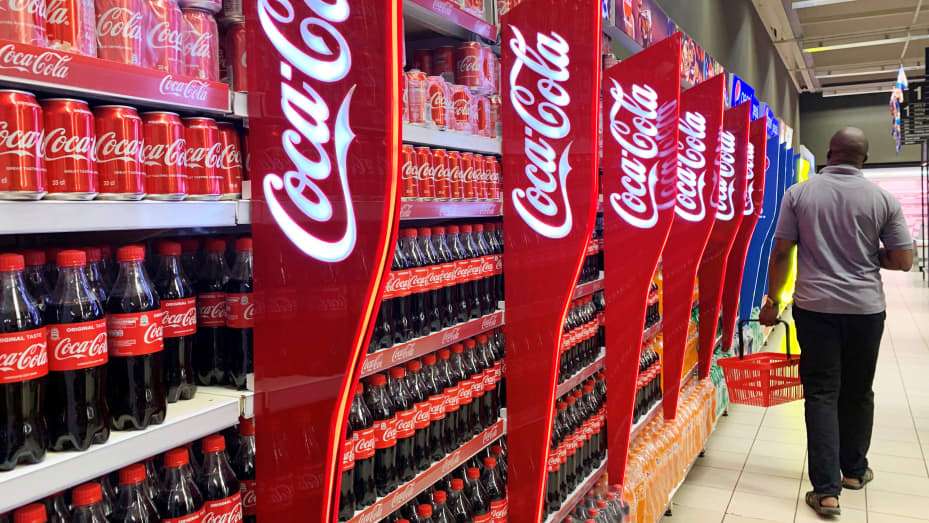Nestlé, in collaboration with its key supplier Cargill, has embarked on an ambitious mission to mitigate carbon emissions within cocoa supply chains. Through the implementation of innovative programs aimed at promoting regenerative agriculture and reforestation efforts, the company seeks to address environmental concerns while supporting cocoa-farming communities.
A Joint Initiative for Sustainable Agriculture
Nestlé, along with two of its primary suppliers, Cargill and ETG | Beyond Beans, has initiated a partnership to regenerate land surrounding cocoa farms and reduce carbon emissions. This collaborative effort underscores Nestlé’s commitment to achieving net-zero emissions by 2050. Over a span of five years, these programs will focus on accelerating the transition to regenerative agriculture practices and facilitating the restoration of degraded lands in cocoa-producing regions.
Promoting Biodiversity Through Shade Trees
Central to these initiatives is the distribution of various shade tree species to farmers, coupled with comprehensive training on tree planting and pruning techniques. Shade trees play a crucial role in mitigating environmental impact by offering protection from excessive sunlight and creating moisture-rich environments essential for cocoa crop survival, particularly during dry seasons. Additionally, they contribute to improved water management and serve as carbon sinks, aiding in the absorption of atmospheric carbon dioxide.
Empowering Farmers for Sustainable Practices
Ensuring the success of these endeavors hinges on the active participation of cocoa farmers. To incentivize their involvement, farmers will receive payments upon planting tree seedlings and diligently caring for them. By engaging farmers directly in sustainable agricultural practices, Nestlé aims to foster a culture of environmental stewardship within cocoa-farming communities.
Integration with Nestlé’s Sustainability Goals
These initiatives align seamlessly with Nestlé’s broader sustainability objectives. Darrell High, Global Cocoa Manager at Nestlé, emphasizes the significance of such projects in the company’s journey towards achieving net-zero emissions. By extending its focus to include emissions reduction at the farm level, Nestlé demonstrates a holistic approach to environmental responsibility.
Progress Towards Emission Reduction Targets
Nestlé’s recent sustainability report showcases tangible progress in reducing greenhouse gas emissions. With a notable 13.5% decrease in emissions reported for 2023, the company has made significant strides towards its emission reduction goals. Moreover, methane emissions have seen a substantial decline of 15.3% within the same period, reflecting Nestlé’s concerted efforts to minimize its environmental footprint.
Decoupling Growth from Emissions
Of particular significance is Nestlé’s ability to decouple its growth from emissions, as evidenced by the reported figures relative to its 2018 baseline emissions. This achievement underscores the company’s commitment to sustainable business practices and signifies a positive trajectory towards meeting its emission reduction targets. Nestlé remains on track to achieve a 20% absolute reduction in greenhouse gas emissions by 2025.
Embracing Renewable Energy
In addition to emission reduction initiatives, Nestlé is actively enhancing its energy efficiency by transitioning to renewable electricity sources across its global operations. As of the end of 2023, a remarkable 92% of the electricity procured for manufacturing sites worldwide originated from renewable sources. This transition underscores Nestlé’s dedication to minimizing its carbon footprint while embracing renewable energy alternatives.
In conclusion, Nestlé’s collaborative efforts with Cargill and other partners exemplify a proactive approach towards environmental sustainability within the cocoa industry. By integrating regenerative agriculture practices, reforestation initiatives, and emission reduction strategies, Nestlé not only seeks to mitigate its environmental impact but also empower cocoa-farming communities towards a more sustainable future.



